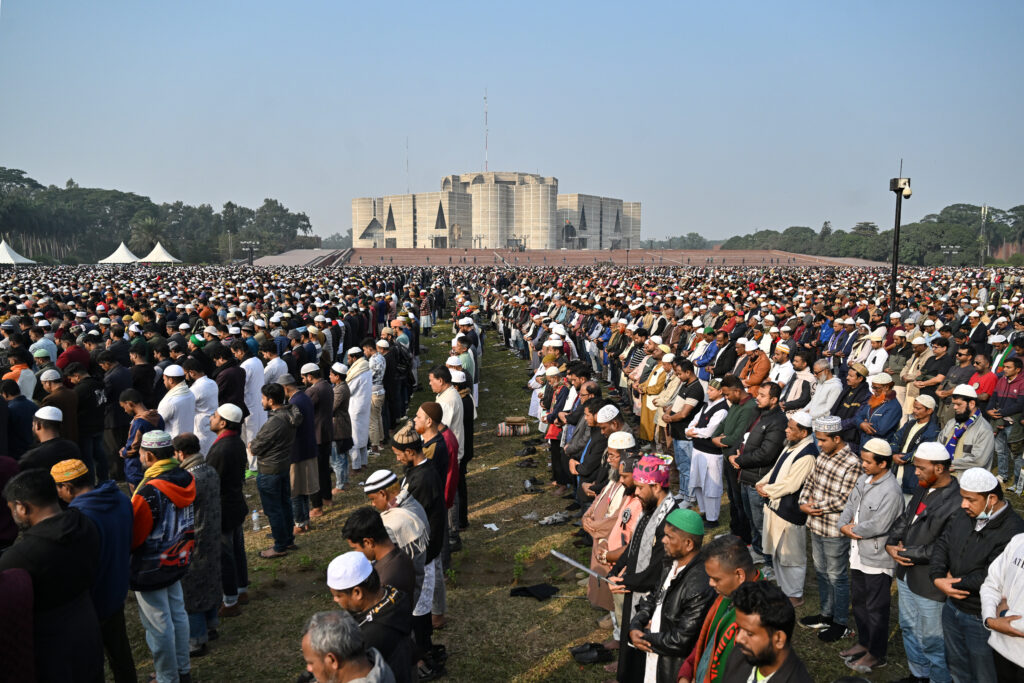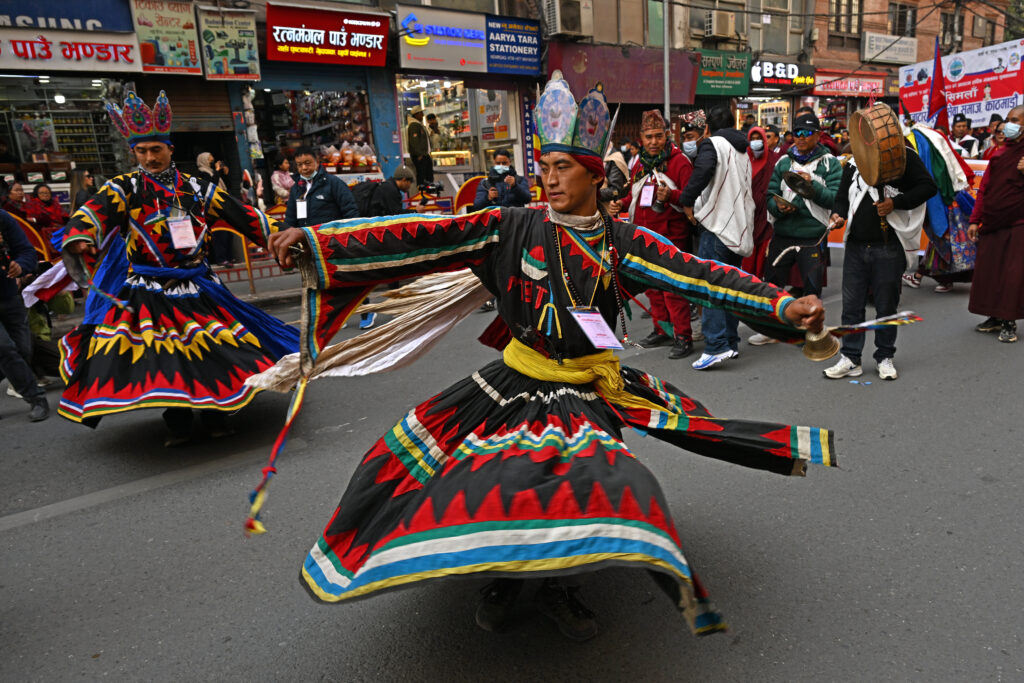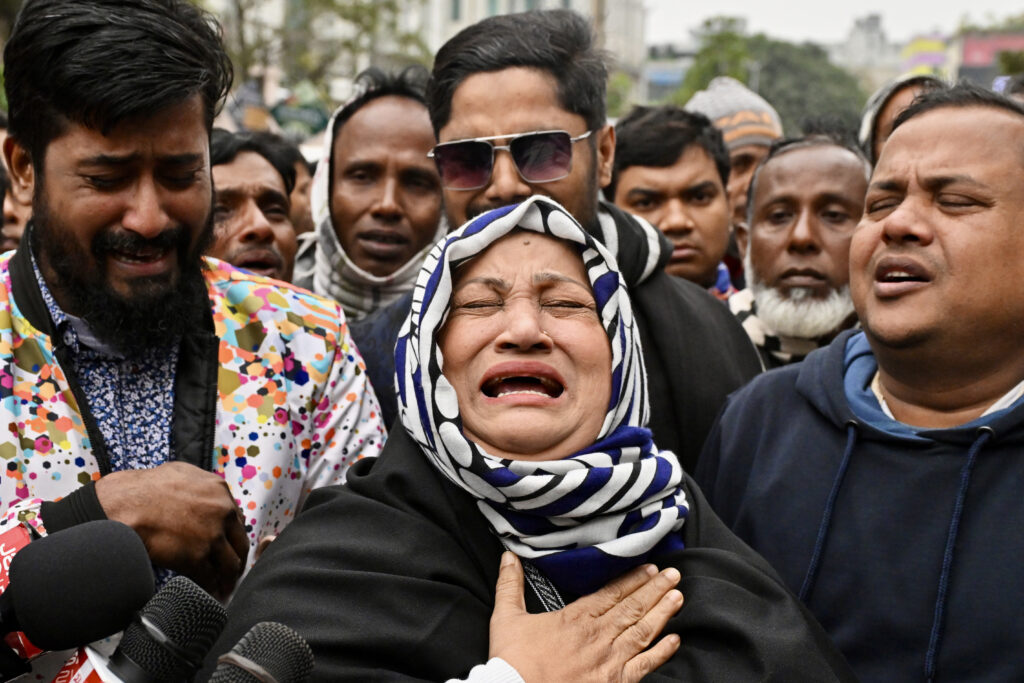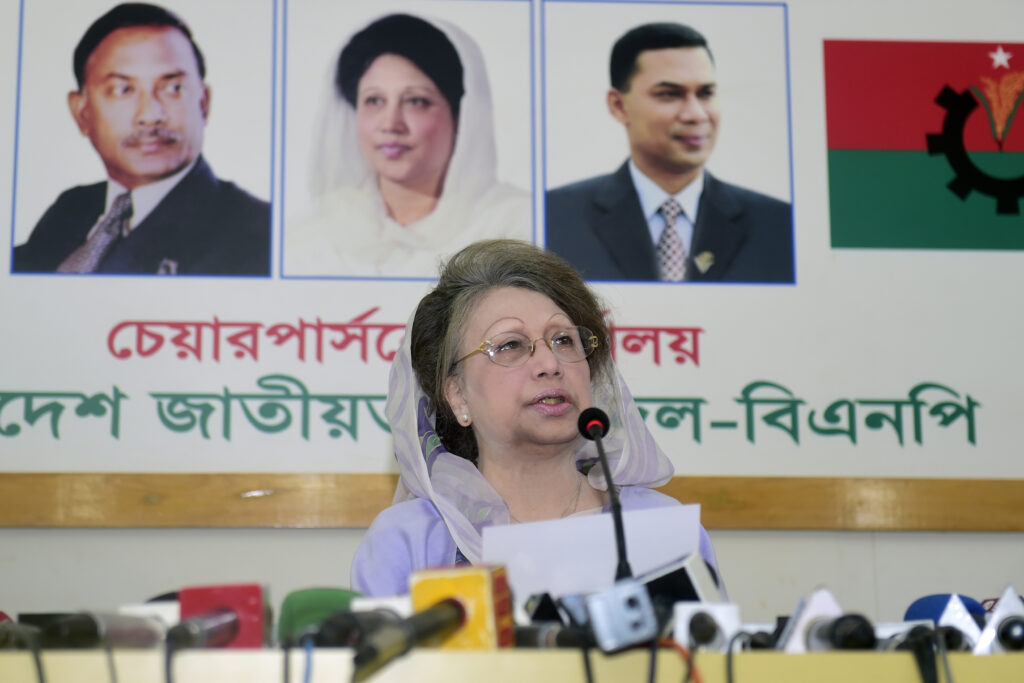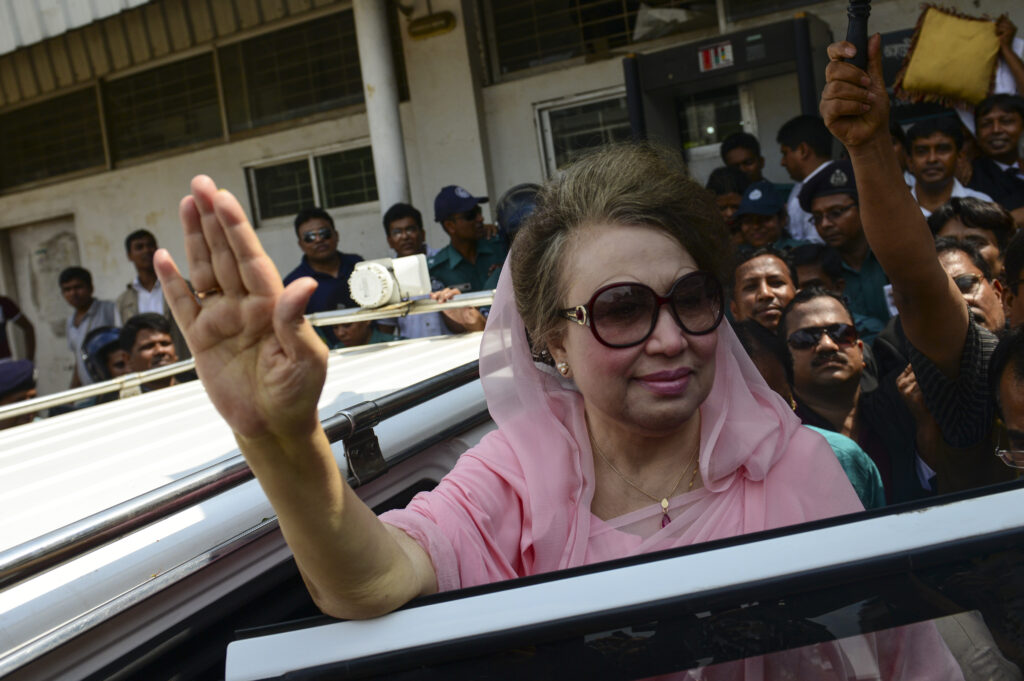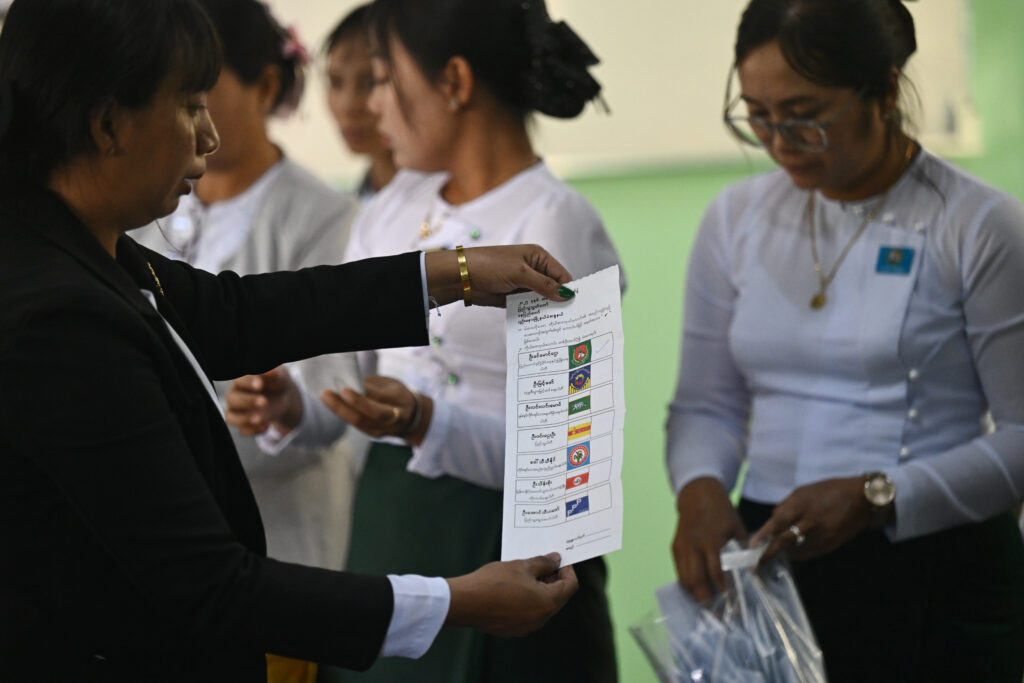Bangladesh mourns ex-PM Khaleda Zia with state funeral
Bangladesh bid farewell on Wednesday to former prime minister Khaleda Zia in a state funeral that drew vast crowds mourning a towering leader whose career defined the country’s politics for decades.Zia, the first woman to serve as prime minister in the South Asian nation of 170 million people, died on Tuesday aged 80.Flags were flown at half-mast and thousands of security officers lined roads as her body was carried through the streets of the capital Dhaka by a vehicle in the colours of the national flag.A sea of mourners gathered outside parliament and packed streets leading to it, many waving national flags as well as those of her Bangladesh Nationalist Party (BNP), before prayers were held over her coffin.Retired government official Minhaz Uddin, 70, said he had never voted for Zia, but came to honour the three-time prime minister.”I came here with my grandson, just to say goodbye to a veteran politician whose contributions will always be remembered,” he said.”Khaleda Zia has been an inspiration,” mourner Sharmina Siraj told AFP, adding that “it is difficult to imagine women in leadership positions anytime soon”.The 40-year-old mother of two said stipends introduced by Zia to support girls’ education “had a huge impact on the lives of our girls”.- ‘Legacy lives on’ -Despite years of ill health and imprisonment, Zia had vowed to campaign in elections set for February 12 — the first vote since a mass uprising toppled her arch-rival Sheikh Hasina in 2024.Zia’s BNP is widely considered a frontrunner, and her son Tarique Rahman, 60, who returned to Bangladesh last week after 17 years in exile, is seen as a potential prime minister if they win a majority.”She is no more, but her legacy lives on — and so does the BNP,” said Jenny Parvez, 37, who travelled for several hours with her family to watch the funeral cortege pass.The interim government, led by Nobel Peace Prize winner Muhammad Yunus, declared three days of national mourning and an elaborate state funeral.Yunus said Bangladesh had “lost a great guardian”.Zia’s body was then interred alongside her late husband, Ziaur Rahman, who was assassinated in 1981 during his time as president.Leaders and members of the armed forces laid wreaths, and a bugle sounded as the burial took place. – ‘Unbreakable’ -Tarique Rahman said in a statement that “the country mourns the loss of a guiding presence that shaped its democratic aspirations”.His mother, he added, “endured repeated arrests, denial of medical care, and relentless persecution”, but “her resilience… was unbreakable.”Suffering from a raft of health issues, Zia was rushed to hospital in late November, where her condition gradually deteriorated despite treatment.Nevertheless, hours before her death, party workers had on Monday submitted nomination papers on her behalf for three constituencies for next year’s polls. Indian Prime Minister Narendra Modi said he hoped Zia’s “vision and legacy will continue to guide our partnership”, a warm message despite the strained relations between New Delhi and Dhaka since Hasina’s fall.New Delhi’s Foreign Minister Subrahmanyam Jaishankar is attending — the most senior visit by an Indian official since the overthrow of Hasina. He said he had met with Tarique Rahman and offered India’s “deepest condolences”.Hasina, 78, sentenced to death in absentia in November for crimes against humanity, remains in hiding in her old ally India.Zia was jailed for corruption in 2018 under Hasina’s government, which also blocked her from travelling abroad for medical treatment.Zia was released in 2024, shortly after Hasina was forced from power.”I pray for the eternal peace and forgiveness of Begum Khaleda Zia’s soul,” Hasina said, in a statement shared on social media by her now-banned Awami League party.
